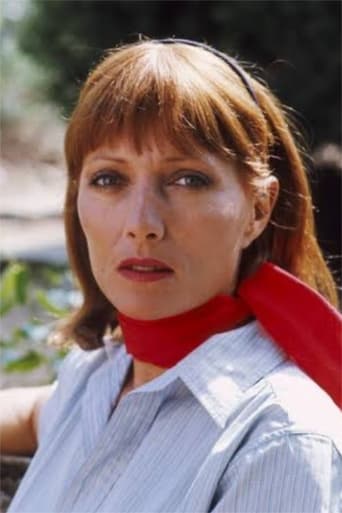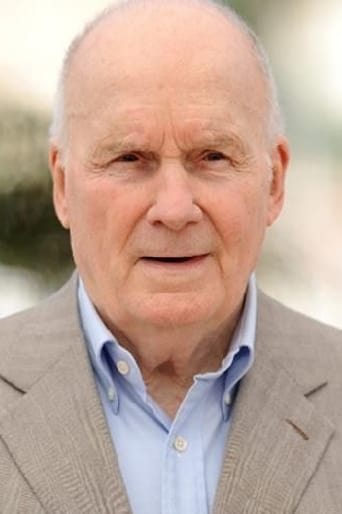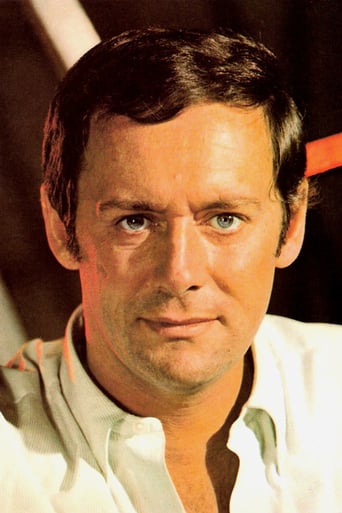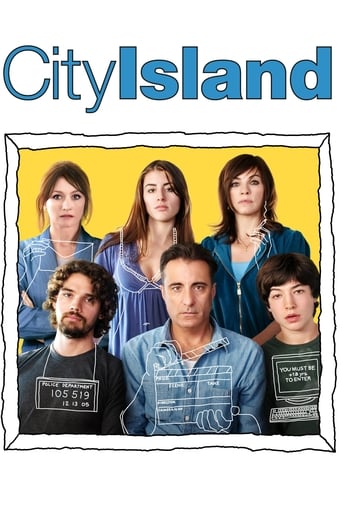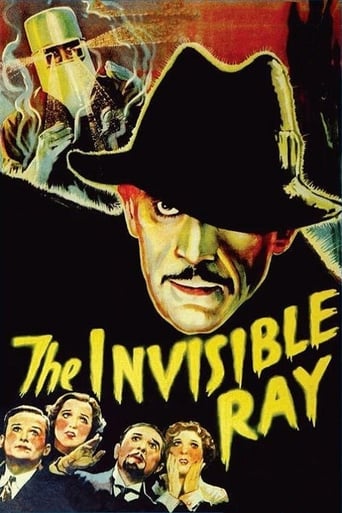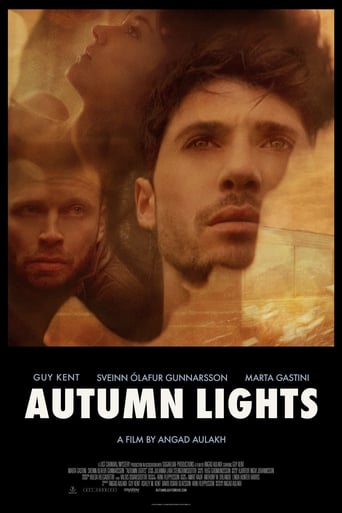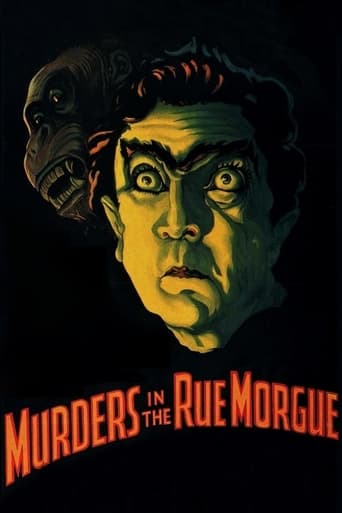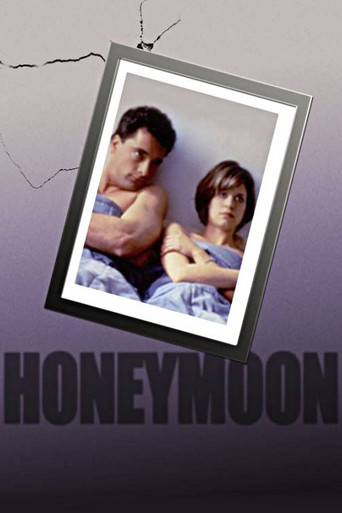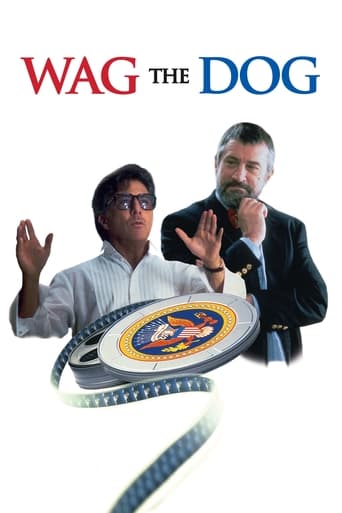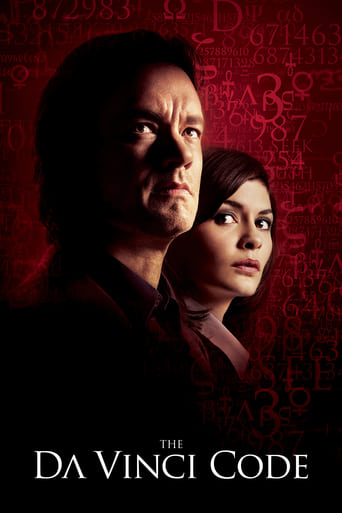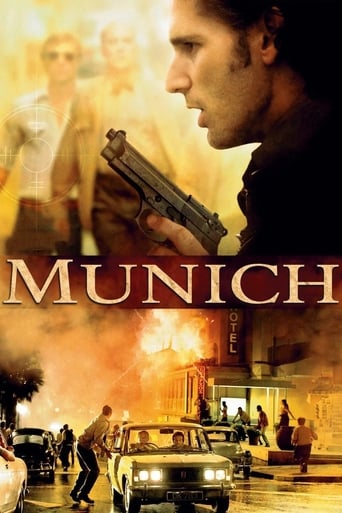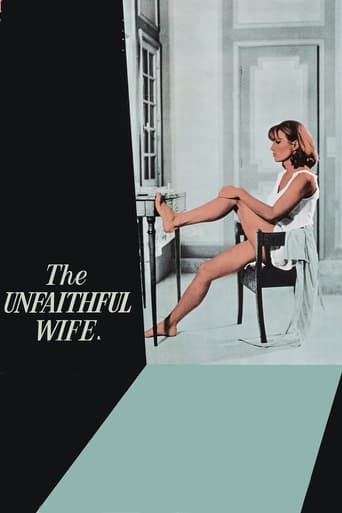
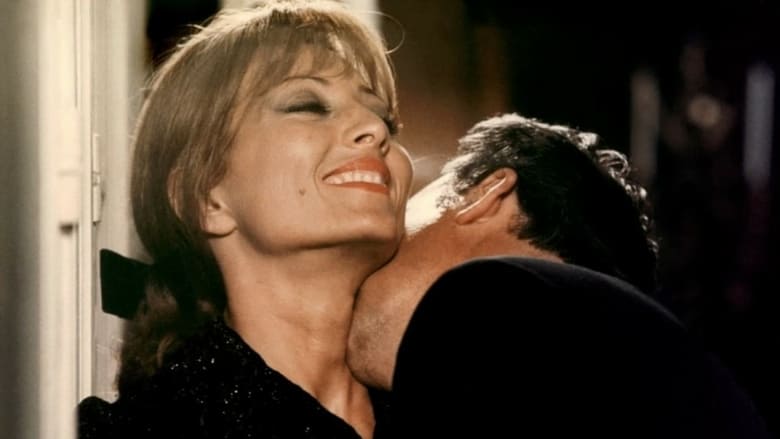
The Unfaithful Wife (1969)
Insurance executive Charles suspects his wife Hélène of playing the field, so he has a private detective locate his wife's lover, author Victor Pegala.
Watch Trailer
Cast


Similar titles
Reviews
A very European tale of an upper-class Frenchfamily in comfortable circumstances. They get along well, love each other, and have a beautiful child. The only problem is that the wife (Audran) is bedding some other guy several afternoons a week, the husband (Bouqet) finds out about it and visits the lover, who greets Bouqet with a bemused rictus. Bouqet has an awkward exchange with him, bops him over the head with bust of Nefretiti, and disposes of the corpse in an algae-covered pond. Audran knows nothing of this, only that her afternoon lover has done a disappearing act. During two visits from suspicious but very polite police inspectors, husband and wife both deny having known the deceased. Audran later discovers that Bouquet has been lying -- she finds her boy friend's photo and address in the pocket of one of her husband's jackets. Since she loves her husband, she destroys the evidence of his crime. A third visit from the police ends ambiguously.Now, the French have a sense of how to do things avec élégance and indeed I doubt that this movie would have been made in Hollywood or even in France during the era of nouvelle vague. It's too deliberate, too slow, too artfully done. And we don't see anybody's brains spilled out all over the landscape. Director Chabrol has done a fine job but you need an episodic memory of more than five seconds to appreciate it.The performances too are vaguely European. Everything is smooth except during rare arguments, and I love to see the French lose their patience with one another. Audran is an attractive lady, indignant with the carefully poised questions of the police. Bouquet is equally controlled, with the central point of his upper lip dipping somehow into his lower lip, something like a Peruvian tapir or like my gastroenterologist, Dr. Pyloris.Someone criticized the scene in which the kid drinks a glass of champagne but when it comes to alcohol France is part of the Mediterranean tradition. Younger children may be given "red water" -- water mixed with wine. It's all highly ritualized and there's little drunkenness. The musical score is sparse but perfectly apt. The photography captures on film a rather nice city and an even nicer country estate where a man can spend time casually trimming his plants. The British translation eledes some of the more colorful expressions. A good job.
The two characters primarily involved in Claude Chabrol's 1969 French thriller The Unfaithful Wife have, at least at the beginning, rather an idyllic and somewhat pleasant set up in their lives. When we first encounter them, we see both the husband and titular wife with their rather extended family in a large garden on a warm, sunny and welcoming day; the tone of the exchanges polite, the activity nothing out of the ordinary nor needlessly extravagant. The opening shots of such imagery are quite crudely broken up by a blurred effect which drowns the screen of its focus, the ideal family unit itself thus becoming difficult to firmly latch one's eyes onto; the credits begin, some rather harsh and somewhat official looking credits that scroll upwards in a military manner whilst some distorting piano music plays overhead. It's a fleeting few minutes or so of idealism in-between such a sequence, the film going on to form a superior mediation on human behaviour masquerading as a causality thriller as paradise is rendered corrupt and peeking beneath the surface of the upper-classes reveals deception and titular unfaithfulness.The film is unrelentingly fascinating, a piece never for more than a few seconds ever in the slightest bit uninteresting; a grim and somewhat bleak study how love, anger and victimisation brew together to create a cocktail of violence and anguish and how that in itself can come to forge a relationship which was never initially set in stone. The film's methodical lead is Michel Bouquet's Charles Desvallees, a lawyer with his own office located in a small enough building amidst the bustling Parisian streets away from the large, more ruralised country house in which he lives with his family. The family, of which, is made up of the titular wife, a certain Hélène (Audran) who's about the same age as her husband and is the mother to young son Michel (Di Napoli). The warm and welcoming day in the garden spent with Charles' mother and Hélène's in-law turns into evening, Charles' verbal illustrating of various plans he would like to have happen the following day involving both he and Hélène out and about doing things are shot down with casual reasons which excuse Hélène from attending. As they sit and observe a television broadcast later on during the evening, the signal begins to break up and the machine ceases to function as well as it might, thus further insinuating a breaking down of communication of an operative item and echoing their marriage.At work, and aside from Charles' rich circle of friends and busy schedule, he observes through young female secretary Brigitte (Turri) the very essence of temptation. His suspicion brought about by his wife's behaviour, and Chabrol's own channelling onto the audience of signs and notions towards an upsetting of a paradise-like set up or the malfunctioning of a working order, beginning to resonate. Desperate, as thoughts; feelings and drama all at once clinically escalate, Charles darts to the nearest payphone to call a place of business Hélène said she'd be; the piano music from earlier only suggesting at something seriously wrong with what idealism we were seeing beginning to pipe up again to form the overlying soundtrack to the news she is not where she said she'd be.The painful inevitable is confirmed when a private detective Charles hires reveals to him the truth; that Hélène is, in fact, having an affair and with a writer named Victor Pégala (Ronet) based not so far away. The film allows Charles a moment you sparsely see in today's age of thrillers; a moment of contemplation that has him stand beside a river flowing through the urbanised locale in which the reveal was announced so as to merely look across to the other side of it, digesting what it is has been exposed to him. It is around about here in the film that Chabrol applies a gear change so dramatic and so effective that it propels the piece beyond its combined brooding roots of paranoia and suspicion and into an echelon of unpredictability; horror and human emotion in its some of its rawest forms. In short, the switch in tone and content works remarkably; the film coming to have Charles journey to the man and see him.The film's causality infused thrills and scares following the venturing into the territory it goes near does nothing to distract the film from its overall tract; it is a film that is able to evoke just as much an on-edge reaction from its audience following a character's glance or nervous facial reaction as it can from a minor car accident. Chabrol's capturing of some of the interplay towards the conclusion as two people are forced into hiding varying secrets from both one another and the police is fascinating, and the film does not loose sight of son Michel's role as the picturesque representative of innocence caught up amidst all this and made to suffer out of others' ill-gotten decisions. Chabrol's overall ending is decidedly bleak, but his conclusion that the two we examine whom previously appeared to fall away from each other only to reconnect when some sort of duality was established, is dangerously uplifting given the sorts of events which aided in this and the actions the lovebirds undertook; all of it combining to form a superior thriller of an immensely sophisticated ilk.
I only managed to get just past the point of the husband's murder of his wife's lover before switching off because it was far too late to continue with this dulling example of so-called French "intellectual chic" of the 1960s. Some examples back then were so bad - "deep intellectual musing" over just a cup of coffee or glass of wine etc. Here, we fell about laughing about two things. One, whenever the husband's vivacious and flirty mini-skirted secretary made her far too infrequent flighty appearances on screen - that really brought the screen to life. Two, which had us both laughing out loud: the scene where the husband bounds up the body of the murdered lover, struggles the whole time he is dragging it out of the latter's ground floor flat to push it with difficulty into the boot of his car, in broad daylight and right opposite an apartment block with windows (a previous scene had shown a window cleaner at the apartment block) - and yet, and yet, not a single car passes by the whole time. Nor, however much one tries to find them on screen, can a single human being be seen. And this is presumably in the morning or afternoon of a busy Parisian day in the suburb of Neuilly. What a lucky tourist it would be to find such peace and quiet anywhere today in modern day Paris. And yet again, another pretentious French film from the 1960s.
There are at least two ways of describing this entry: Early Chabrol and/or Vintage Chabrol. Depends on what you mean by love. Chronologically it dates from his early days as writer-director and if you are moved to describe those days as vintage then who am I to argue. Certainly it has Chabrol's signature all over it; the cool, almost passionless behaviour of the principals, the affluent lifestyles usually on the fringes of large cities (in this case Versailles and Neuilly) which could be read by those who have nothing better to do as a metaphor for the leading characters who could be said to exist on the fringes of civilised behaviour. This time around Michel Bouquet is in a well established marriage with Stephane Audran - at one point Audran remarks to their son that he will soon be ten years old - and although he seems to have little interest in sleeping with her, witness his polite rejection of her sexual overtures, he doesn't take too kindly to Maurice Ronet pinch-hitting for him. Having acquired Ronet's address via private heat he pays a social call on his wife's lover and almost as an afterthought brutally kills him whilst discussing the situation as one civilised man to another. Naturally Audran is in the frame yet soon enough the attention switches to Bouquet at which point Audran, realising what has happened, destroys evidence that could help convict Bouquet. Like I said, civilised to a fare-thee-well. Lots of quality on offer here, Writing, Direction, Acting, Photography all up to snuff and beyond. Highly enjoyable.


